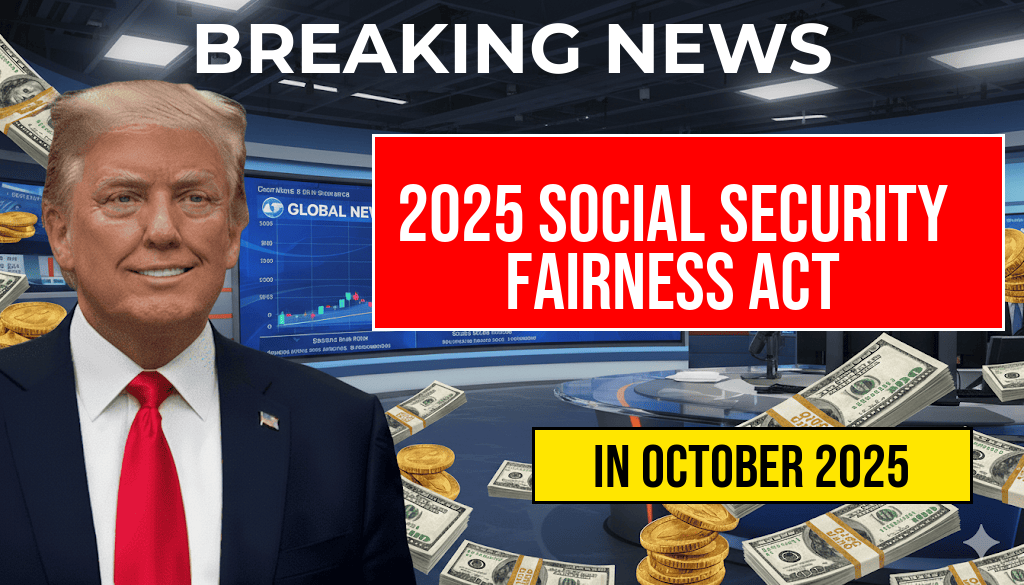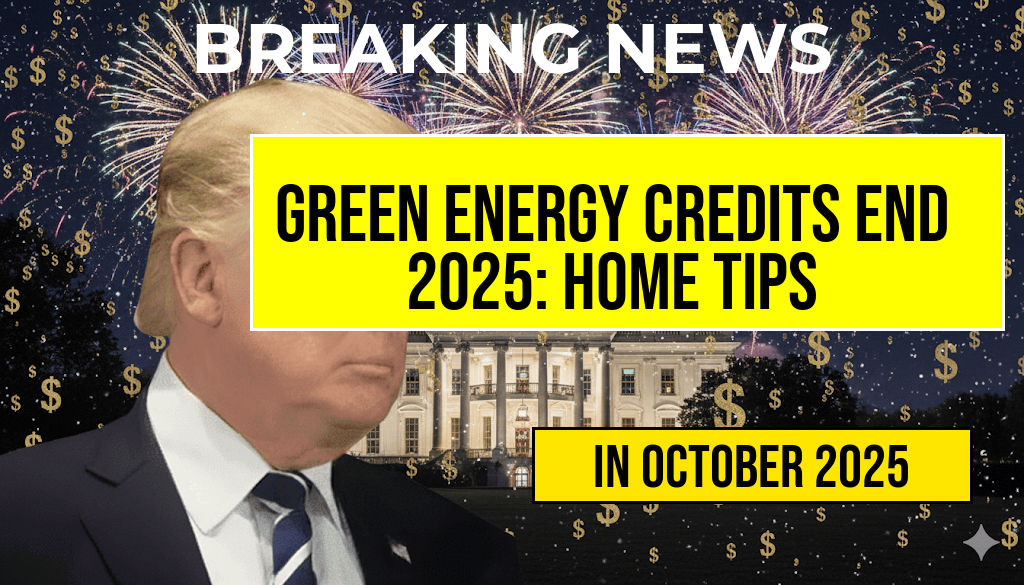Homeowners who have invested in renewable energy systems, such as solar panels and wind turbines, should be aware that key federal green energy tax credits are set to expire in 2025. These incentives have significantly reduced the upfront costs of installing clean energy solutions, fostering a surge in residential solar adoption over the past decade. However, with the impending sunset of these credits, many consumers and industry stakeholders are reassessing the financial viability of ongoing and future projects. Understanding the scope of current incentives, the timeline for expiration, and potential legislative developments is essential for homeowners planning to maximize their savings before the benefits diminish.
Overview of Current Residential Green Energy Incentives
The primary federal incentive currently available to homeowners is the Investment Tax Credit (ITC), which allows for a percentage deduction of the installation costs of solar energy systems from federal taxes. As of 2023, the ITC offers a 30% credit for systems installed through 2024, with a scheduled reduction to 26% in 2025. After 2025, unless renewed or replaced by new legislation, the credit is expected to drop to 10% for commercial projects and may phase out entirely for residential installations.
Alongside the ITC, some states and local governments provide additional incentives, including rebates, property tax exemptions, and sales tax waivers, which can significantly enhance the economic benefits of renewable investments. However, these vary widely depending on geographic location and policy changes at the state and municipal levels.
Implications of the Expiration in 2025
Financial Impact for Homeowners
The scheduled decrease in the federal tax credit means that homeowners who install solar or other renewable energy systems in 2025 will be eligible for a smaller percentage of their system costs to be offset through tax incentives. For example, a $20,000 solar panel installation would qualify for a $5,200 credit in 2024 but only a $5,200 or lower credit in 2025, depending on the final legislative decisions. After this point, the absence of federal incentives could lead to increased payback periods, potentially deterring some consumers from pursuing new projects.
Market and Industry Effects
The expiration is also expected to influence the renewable energy market, causing a surge in installations before the incentives phase out. This could lead to a temporary spike in supply chain demand, potentially impacting pricing and availability. Industry analysts warn that if the incentives are not renewed or replaced, the growth of residential solar adoption may slow, affecting manufacturers, installers, and financial institutions involved in renewable financing.
Legislative Outlook and Policy Developments
There are ongoing debates within Congress regarding the extension or modification of renewable energy incentives. Some industry groups advocate for a longer-term extension of the ITC, emphasizing its role in achieving broader climate goals and economic growth. Others propose alternative approaches, such as performance-based incentives or rebate programs, to promote sustained adoption beyond 2025.
| Year | Residential Solar ITC | Additional Incentives |
|---|---|---|
| 2023-2024 | 30% | Varies by state/local programs |
| 2025 | 26% | Potentially reduced or phased out |
| Post-2025 | 10% (or none for residential) | Dependent on state/local policies |
Strategies for Homeowners Planning Installations
Timing Is Critical
Given the approaching reduction in federal incentives, homeowners considering renewable energy upgrades should evaluate the timing of their projects carefully. Installing systems before the end of 2024 could maximize financial benefits, allowing for the full 30% credit. Conversely, delaying installation until after 2025 may result in lower tax credits and longer payback periods.
Consulting Financial and Tax Advisors
Tax laws are complex and subject to change. Homeowners are encouraged to consult qualified tax professionals to understand how current incentives apply to their specific circumstances and to explore other available benefits, including state-level programs and utility incentives.
Exploring Alternative Incentives
- State and local rebates and grants
- Utility company incentives and net metering programs
- Performance-based incentives tied to energy savings
Staying informed about policy developments and potential legislative extensions can also help homeowners make strategic decisions about their renewable energy investments.
Resources for Further Information
- Wikipedia – Investment Tax Credit (Solar Energy)
- Forbes – Renewable Incentives Expiring 2025
- U.S. Department of Energy – Homeowner’s Guide to Solar
Frequently Asked Questions
What are Green Energy Credits and how do they benefit homeowners?
Green Energy Credits are incentives provided by the government to encourage the adoption of renewable energy sources. They help homeowners reduce the overall cost of installing solar panels, wind turbines, and other renewable systems by offering tax credits or rebates.
Why are Green Energy Credits expiring in 2025?
The current tax incentives for residential renewable energy projects are set to expire in 2025 as part of policy timelines aimed at transitioning towards more sustainable energy financing. This makes 2025 a critical deadline for homeowners considering renewable upgrades.
How can homeowners maximize benefits before the credits expire?
Homeowners should plan to complete their solar or renewable energy installations before the end of 2025 to fully take advantage of the current tax incentives. Consulting with a renewable energy professional can help ensure timely installation and maximize savings.
What should homeowners consider if they miss the 2025 deadline?
If the green energy credits expire in 2025, homeowners may no longer qualify for the same level of tax incentives. However, some new or extended programs could become available, so staying informed and exploring other financing options is recommended.
Are there any other financial benefits or incentives for residential green energy projects besides tax credits?
Yes, apart from tax credits, homeowners might be eligible for rebates, grants, or low-interest loans designed to promote renewable energy adoption. It’s important to research local and federal programs to maximize available financial incentives.










